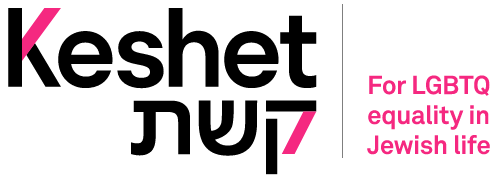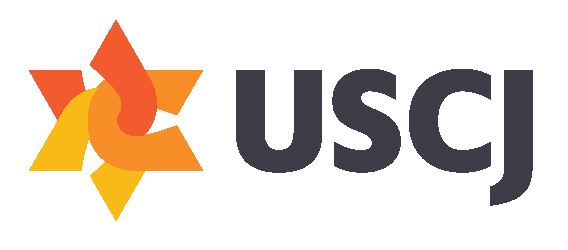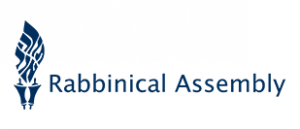Politics, Polarization, and Healing
July 17, 2020
Rabbi Braun
Recently, a song which I’ve known since 1968 came back to me, and it won’t leave my mind. I am haunted by the chorus:
There’s grievin’ in the country
There’s sorrow in the sand.
There’s sobbin’ in the shanty
And there’s anger in the land.
Right now in our country, there is grieving, sorrow, sobbing, and, almost most importantly, there is anger. Individual and collective hurt and anger impairs our ability to be compassionate, to listen, and to give each other the benefit of the doubt (dan l’chav zechut). Now, “politics” are not my job. We may not agree what is and what is not political in a synagogue context, but I know that my expertise is not in the political realm. What I do think we all can agree on is that we are hurting, our country is hurting, the world is hurting, and even the land is hurting. I see a great need for healing because of this tremendous hurt. My expertise is in healing, and healing is very much a part of my job.
It is almost cliche to say that our society is polarized, but it is. Sometimes, too, is our own little community here at TBE. And that hurts, too. I am told that some don’t feel comfortable in our “liberal” environment, that there isn’t a place for a diversity of opinion. I am told that if we don’t take a stand, or if we do take a stand, it is too little or too much. I expect that many of our disagreements come from the need to make some sense of a world that is changing rapidly. My job is, in part, to help us make some sense out of things and to apply our consistent Jewish values to our current situations. On that point, there will be some that agree and some that disagree, and I am comfortable with that. What makes it challenging, though, is when agreement or disagreement becomes discomfort, or a feeling of not fitting in. I don’t know if I have an answer to that, but I’d like to find one.
The song I referenced at the beginning of this piece is called “There’s Anger in the Land.” I probably became familiar with this song when Peter, Paul and Mary
sang it in 1968, but it was written in 1964 by Don West, a poet, coal mine laborer, and organizer from Northern Georgia. His daughter, Hedy
(who wrote and sang “500 Miles”), composed the music. It was written after a lynching. I didn’t know that in 1968, because the PP&M version made it more comfortable for us. Mr. West’s original verses included these words:
O, there’s grieving in the plum-grove
And there’s weeping in the weeds,
There is sorrow in the shanty
Where a broken body bleeds.
For there’s been another lynching
And another grain of sand
Swells the mountain of resentment
O, there’s anger in the land!
Did you ever see a lynching,
Ever see a frenzied mob
Mill around a swaying body
When it’s done the hellish job?
The version I heard was:
There's grieving in the country
There's sorrow in the sand.
There's sobbing in the shanty
And there's anger in the land.
A woman broods in silence
Close beside an open door;
Flung on her flimsy doorstep
Lies a corpse upon the floor.
"You'll not ask me why I'm silent"
The woman said to me;
Her two eyes blazed in anger
And her throat throbbed agony.
Once my heart could cry in sorrow
Now it lies there on the floor
In the ashes by the hearthstone;
They can't hurt it anymore.
Oh, let the wind go crying yonder
In the tree-tops by the spring
Let its voice be soft and feeling
Like it was a living thing.
There's grieving in the country
There's sorrow in the sand.
There's sobbing in the shanty
And there's anger in the land.
So much pain, and so much anger. If each one of us faces it, if each one of us talks about it, we may be closer to healing. If we ignore our beliefs, or sweep the uncomfortable stuff under the rug, we risk damaging our very souls.
In this polarized society where us and them is louder than we, I want Temple Beth El to be a safe place to have strong opinions AND feel part of a greater good. We can have hard conversations AND be a community. I have a colleague and friend that I intend to invite by Zoom, to help us move further in that direction. My job, our job, is to apply our Jewish values to our lives, and to help us heal together.



